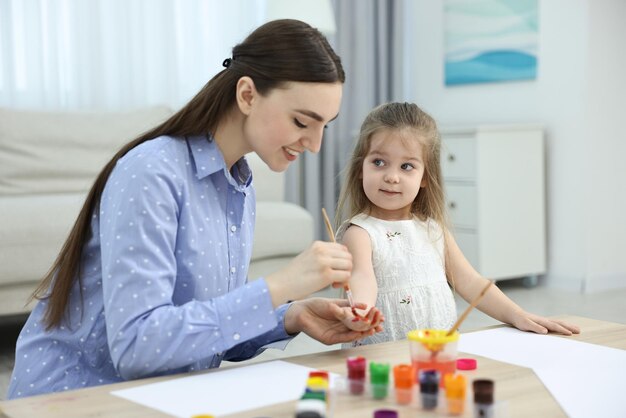How to Become a Child Therapist: Essential Degrees and Certifications
Embarking on a career as a child therapist offers the opportunity to make a profound impact on young lives. The journey begins with a well-rounded education, typically requiring a bachelor's degree in psychology, social work, or a related field. This foundational knowledge provides a comprehensive understanding of child development and mental health. Aspiring child therapists should then pursue a master’s degree in psychology, counseling, or child development, which delves deeper into therapeutic techniques and specialized knowledge for working with children. Many therapists find that engaging in internships or supervised clinical experiences during this time is invaluable, offering practical insights and skill-building opportunities.
In addition to academic achievements, obtaining relevant certifications and licenses is crucial. After completing a master's program, one must acquire a license to practice as a therapist, which often requires passing a comprehensive exam and accumulating supervised clinical hours. Continuing education through certifications in child and adolescent therapy or play therapy can further enhance one's expertise and credentials. These additional certifications not only deepen your understanding but also increase your versatility in therapeutic methodologies, making you a more effective child therapist.
Essential Path to Becoming a Child Therapist
- 🎓 Bachelor's Degree: Psychology, Social Work, or related field
- 🎓 Master's Degree: Clinical Psychology, Counseling, Child Development
- 📜 Licensure: Pass the necessary exams (e.g., LPC, LCSW) and complete supervised hours
- 📚 Certifications: Child & Adolescent Therapy, Play Therapy
- 🔍 Internship/Clinical Experience: Practical exposure while studying
Choosing the right educational path and achieving these milestones not only fulfill the requirements to become a child therapist but also equip you with the expertise to foster positive change in young minds.
